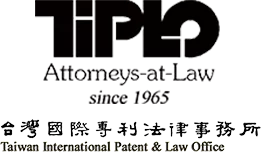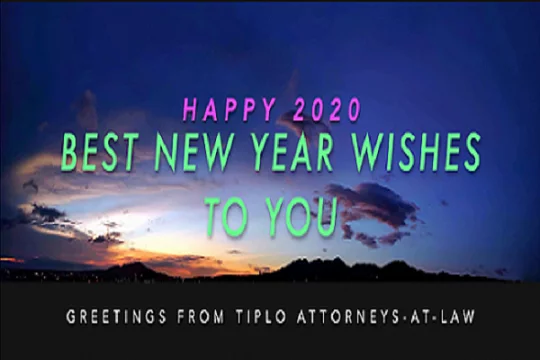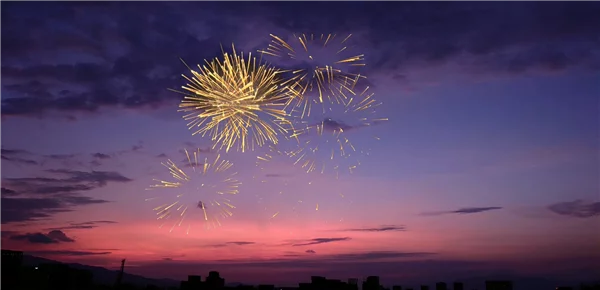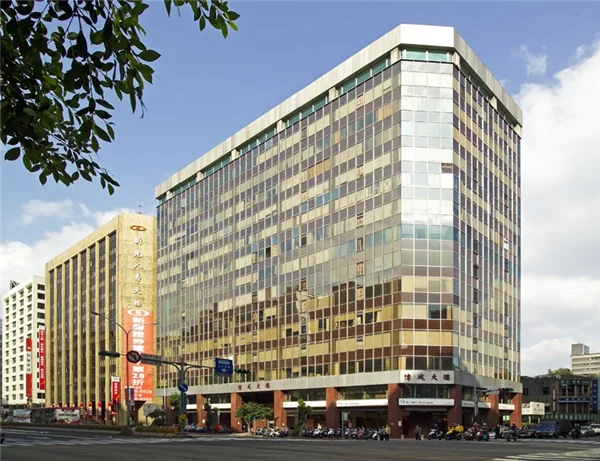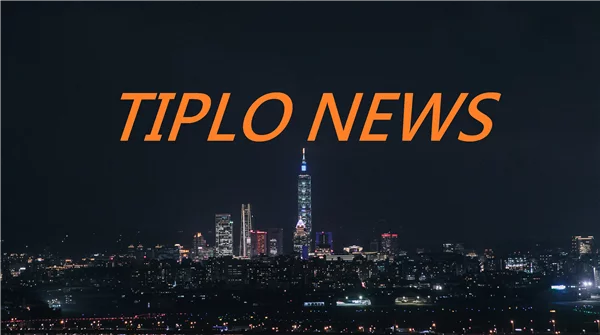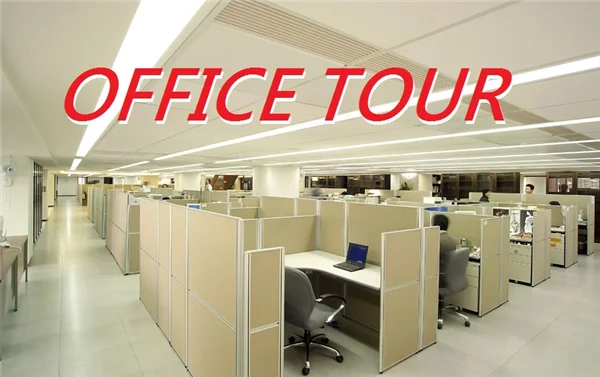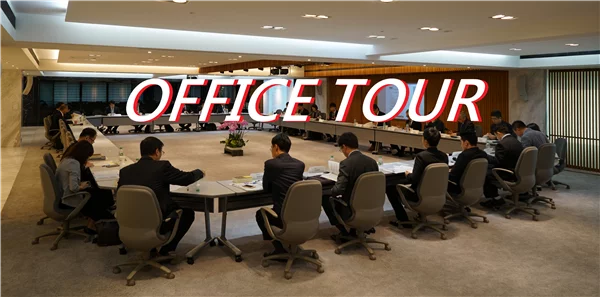Draft Amendment to the Code of Criminal Procedure passed by the Executive Yuan; illegally acquired evidence may be inadmissible
E020606Y6 Jul. 2002(E35)
The Executive Yuan passed on June 5 draft amendments to the Code of Criminal Procedure and to the Enforcement Rules of the Code of Criminal Procedure it drew up with the Judicial Yuan. Significant reforms are brought to the system of criminal procedure, including the adoption of strict rules of evidence by which judges may reject illegally obtained evidence, and prosecuting authorities' bearing the burden of proving that a defendant's confession is made out of his/her free will to consummate the adversary system. Additionally, trials by court of first instance, excluding those where summary procedure applies, should be tried by a collegial panel of judges.
In order to prevent investigative officers from being prejudiced, an essential point newly added to the draft amendment of the Code of Criminal Procedures is the doctrine of the presumption of innocence, which expressly stipulates that the accused should be presumed innocent before proven guilty. Additionally, it is also established that judges should follow their free judicial evaluation of the evidence when making a judgment, provided that such judgment should not go counter to the rule of thumb and code of ethics.
In addition to the articles on principles, some articles are also amended substantially. For example, Art. 156 (3) and Art. 161-3 expressly state who should bear the burden of proving the voluntariness of confession - if a confession is filed by the prosecutor, the burden of proof should be borne by the prosecutor. Also amended are Articles 158-2, -3 and -4, which specify that illegally acquired evidences are not admissible, including confessions and statements unfavorable to the accused obtained by breaking legally-stipulated reasons that forbid interrogation and the rule against night-time interrogation, as well as evidences and expert opinions for which the givers are legally required to but did not enter into a bond. As for other testimonies or evidences obtained by breaking legally required procedures, the judge should determine the evidential effect of such, weighing the protection for human rights and public interest. Furthermore, articles in regard to the procedure of cross-examination are also added for the verification of testimonial evidence. Meanwhile, witness' obligation to testify and to appear in court is toned up, and witness may enter into a bond via telecommunication or technology equipment such as distance video communication. Additionally, judicial authorities and the police, to facilitate investigating into a crime, may directly take photos of the suspects and collect their fingerprints to collect evidence. Also, trials by court of first instance, other than those where summary procedure applies, should be tried by a collegial panel of judges so as to draw on collective wisdom and to upgrade the quality of judgment.
Source: Liberty Times 06/06/2002

